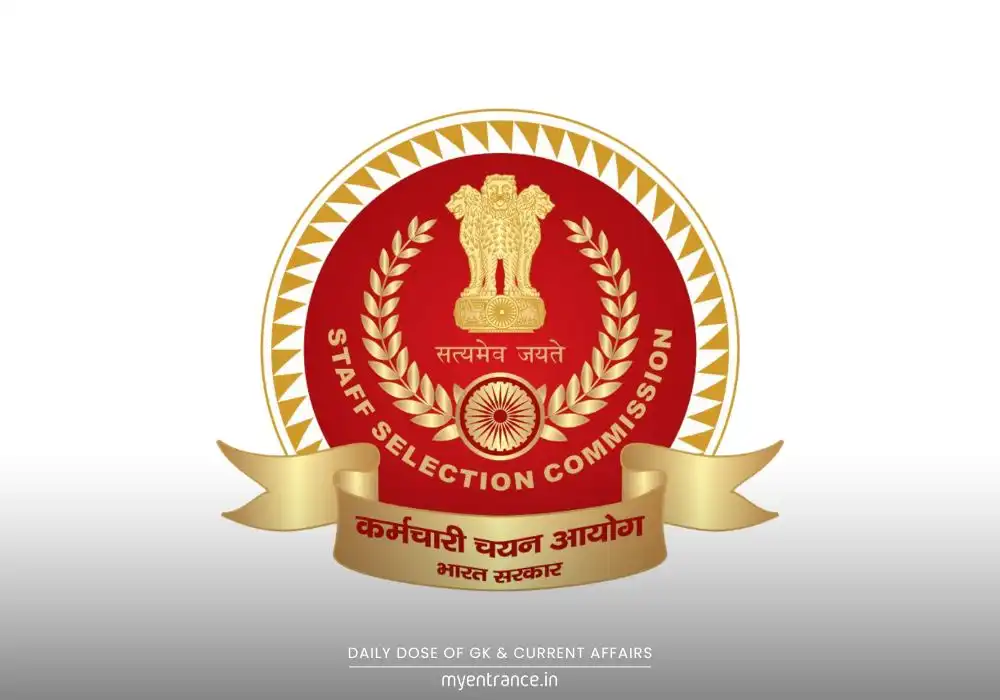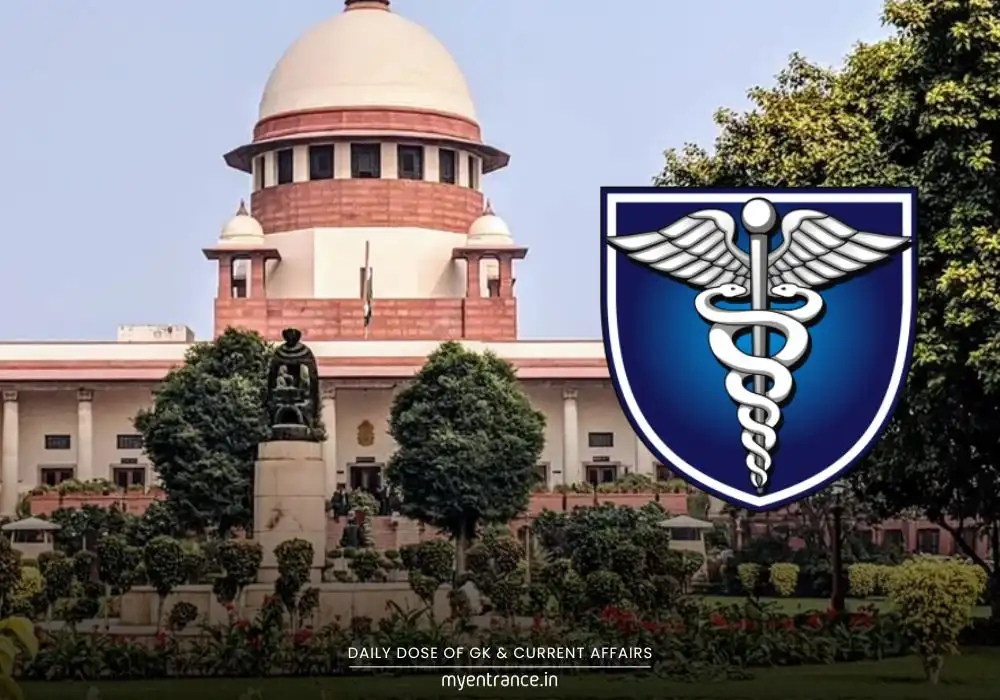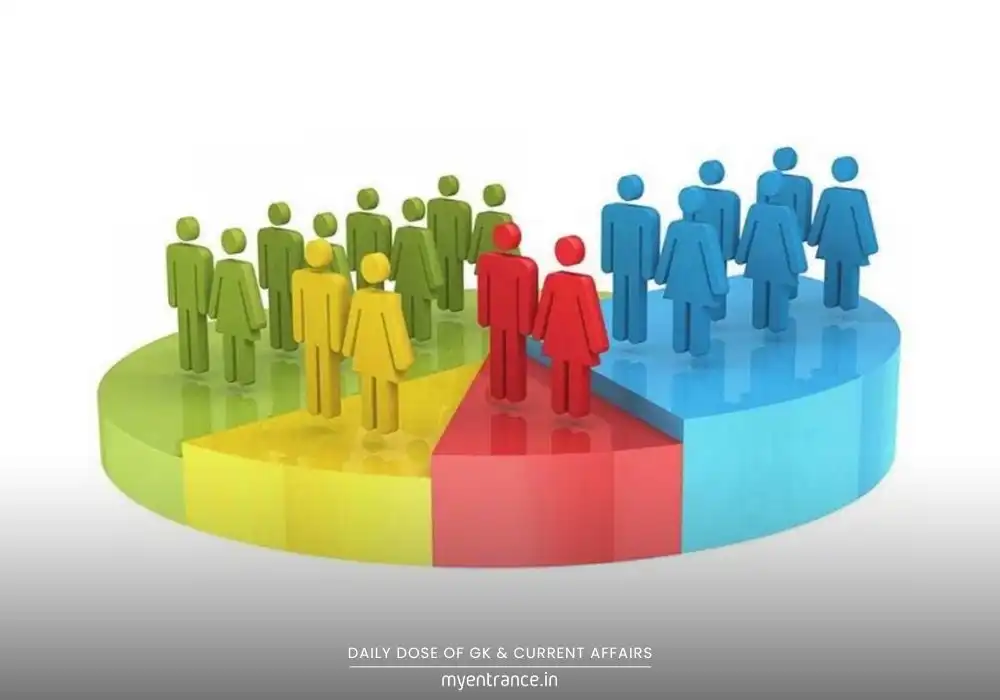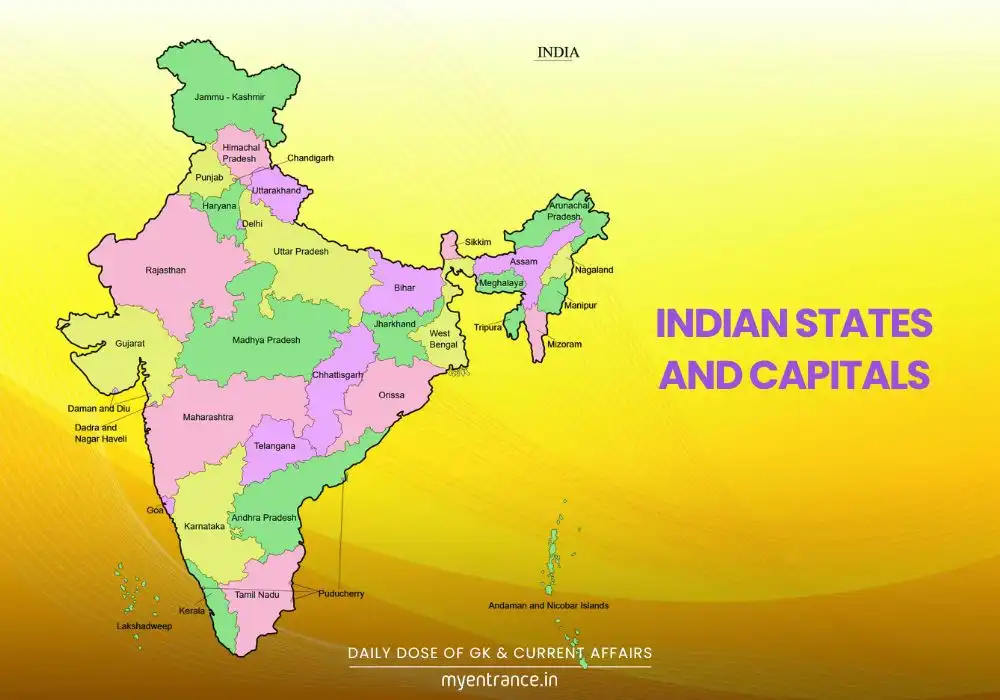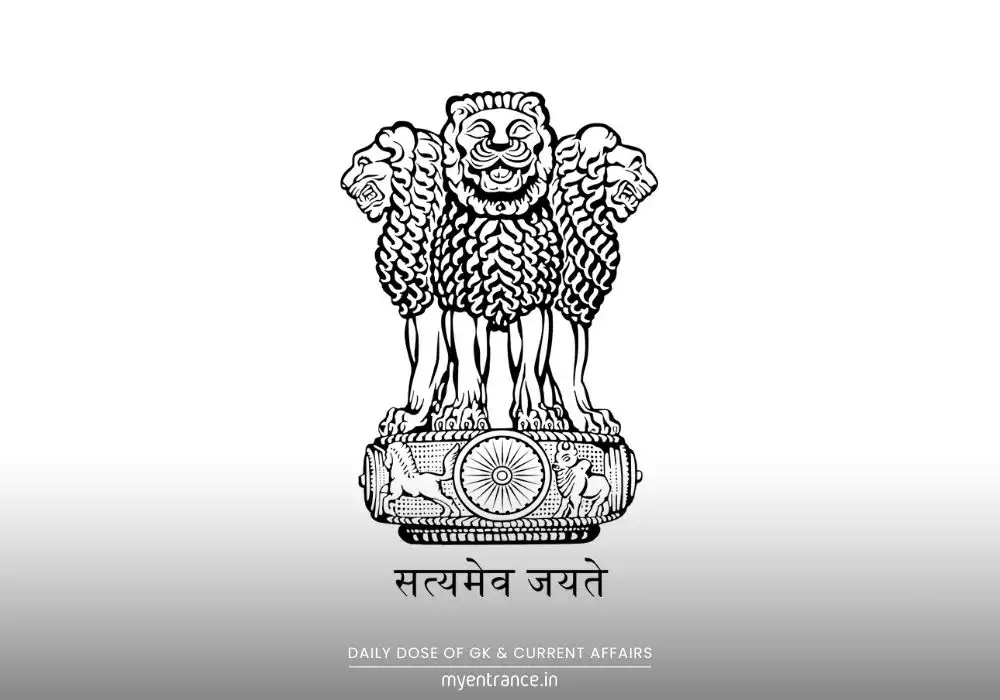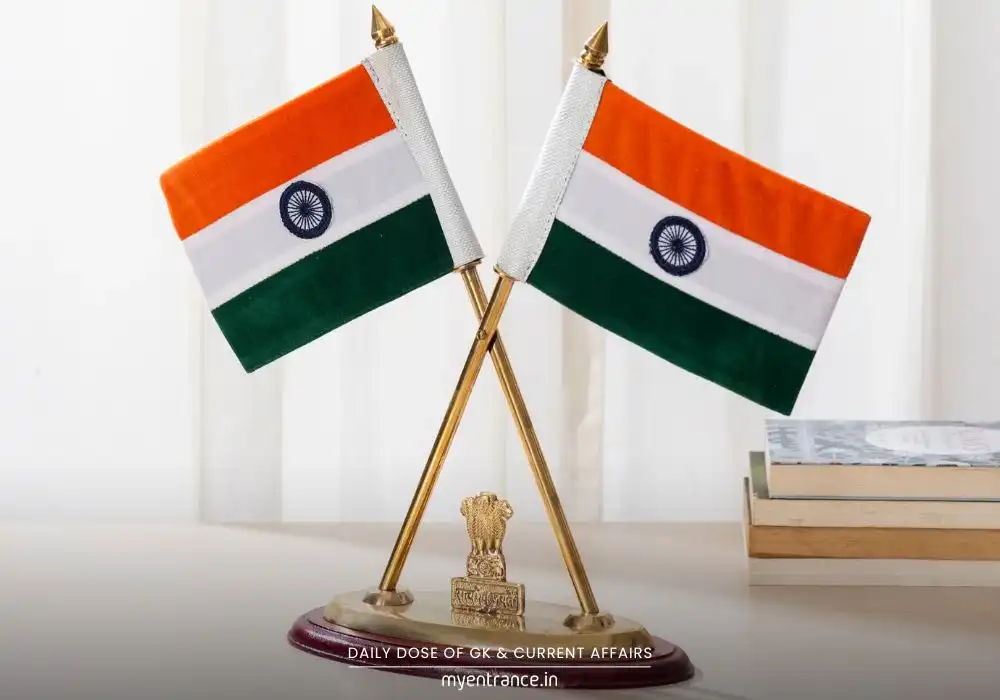Kerala PSC Prelims Degree Level Syllabus
Uncover the syllabus for the Kerala PSC Prelims Degree Level exam with our detailed guide, designed to fully equip you for the upcoming test. Our goal is to ensure that you approach your exam with confidence and a thorough understanding of the material, setting you up for success.
What is PSC Degree Level Exam
The Kerala Public Service Commission (KPSC) conducts the Degree Level Exam, a pivotal assessment for candidates aspiring to secure positions such as Sales Assistant, Armed Police Sub-Inspector, Excise Inspector, among others. This article serves as a comprehensive guide, offering insights into the selection process, eligibility criteria, syllabus, exam pattern, as well as additional details on admit cards, salary expectations, cut-off marks, answer keys, recommended books, preparation strategies, and results specific to the Kerala PSC Degree Level Posts. It’s designed to assist candidates in navigating through the exam preparation process efficiently, ensuring they have all the necessary information to excel in their respective fields.
PSC Degree Level Posts
Successful completion of the Kerala PSC Degree Level Preliminary Exam qualifies candidates to apply for various recruitment positions/posts listed below. These opportunities span across different sectors and departments, offering a wide range of career paths for aspirants.
- Sales Assistant in Handicraft Development Corporation of Kerala
- Sales Assistant Grade II in Kerala State Co-operative Coir Marketing Federation Ltd.
- Sr. Superintendent/Assistant Treasury Officer/Sub Treasury Officer in Kerala Treasury Services, with direct recruitment reserved for Scheduled Caste/Scheduled Tribe.
- Special Branch Assistant in S B C I D, Kerala Police Service.
- Armed Police Sub Inspector (Trainee) – Open Market in Police (Armed Police Battalion).
- Armed Police Sub Inspector (Trainee) from among graduate head constables, police constables, and officers of corresponding rank in Police or Vigilance Department (Armed Police Battalion).
- Sub Inspector of Police (Trainee) (KCP) – Open Market in Police (Kerala Civil Police).
- Sub Inspector of Police (Trainee) (KCP) from graduate ministerial staff of Police/Vigilance in Police (Kerala Civil Police).
- Sub Inspector of Police (Trainee) (KCP) from graduate PC/HC in Police (Kerala Civil Police).
- Sub Inspector of Police (Trainee) in Police (Kerala Civil Police). 11-13. Assistant Jailor Grade I and various supervisory roles in prisons and correctional facilities. 14-15. Excise Inspector (Trainee) in Excise Department.
- Sales Assistant in Handicraft Development Corporation of Kerala.
- Assistant in Kerala Administrative Tribunal.
- Data Entry Operator in Scheduled Tribe Development Department.
- Typist Clerk Grade II in Malabar Cements Limited. 20-23. Divisional Accountant in Kerala General Service.
- Section Officer in Kerala Public Service Commission. 25-27. Assistant Director of National Savings in The Kerala National Savings Service.
- Confidential Assistant in Kerala Livestock Development Board Ltd.
- Junior Receptionist in Kerala Minerals and Metals Ltd. 30-33. Divisional Accountant in Kerala General Service.
- Confidential Assistant Grade II – General Part-I in Apex Societies of Co-operative Sector in Kerala.
- Confidential Assistant Grade II – Fishermen/Dependent of Fishermen in Kerala State Co-Operative Federation for Fisheries Development Limited (MATSYAFED).
- Confidential Assistant Grade II – Society in Kerala State Co-operative Federation for Fisheries Development Limited (MATSYAFED).
- Receptionist Cum Telephone Operator in Kerala State Drugs and Pharmaceuticals Ltd.
How to Apply PSC Degree Level Exam
Applying for the Kerala PSC Degree Level Exam Online
Follow these step-by-step instructions to apply for the Kerala PSC Degree Level Exam online:
Step 1: Start by clicking the direct link provided on the official Kerala PSC website.
Step 2: Begin your Online Time Registration (OTR) process by entering details such as your name, religion, gender, etc. During this process, you’ll create a unique user ID and password.
Step 3: Use the credentials you just created to log in and fill out the application form with the necessary information.
Step 4: Upload scanned copies of required documents. If you need to adjust the size of your documents to meet the specified format, you can use tools like the Testbook Resize Tool.
Step 5: After completing your application, make sure to print it out or save a digital copy for your records. This ensures you have proof of submission and a reference for any future needs related to your exam application.
PSC Degree Level Eligibility
To be eligible for the Kerala PSC Degree Level Preliminary Exam, candidates must meet the following criteria:
- Educational Qualification: Applicants should have completed a Bachelor’s degree or graduation in any stream from a university or institution recognized by the Government.
- Language Proficiency: Candidates must possess the ability to read, write, understand, and speak Malayalam fluently.
PSC Degree Level Admit Card
How to Download Kerala PSC Degree Level Exam Admit Card
The Kerala PSC Degree Level Exam admit card will be made available on the official Kerala PSC website a few days before the scheduled written examination. It is crucial for candidates to provide their confirmation by the specified deadline set by the authority, as failure to do so will result in the rejection of their application and they will not receive an admit card. Upon receiving your admit card, it’s important to thoroughly check all the details listed on it. Here are the steps to download your Kerala PSC admit card:
Step 1: Visit the official Kerala PSC website.
Step 2: Navigate to the ‘Examination’ section and search for the ‘Kerala PSC Degree Level Exam Admit Card’.
Step 3: Click on the notification for the admit card and input your login credentials.
Step 4: Your admit card will be displayed on the screen.
Step 5: Download and print your admit card, ensuring you keep it safe for future use.
PSC Degree Level Exam Stages
Kerala PSC Degree Level Exam Pattern
The Kerala PSC Degree Level prelims exam is structured as follows:
- The exam will be conducted in an OMR-based format.
- The duration of the exam is set at 1 hour and 15 minutes.
- A total of 100 marks are allocated for the exam.
- Each question is worth 1 mark.
- A penalty of 0.33 marks will be applied for every incorrect answer.
It’s important for aspirants to review the exam pattern prior to beginning their preparation. The details of the Kerala PSC Degree Level Exam Pattern are outlined below.
| PSC Degree Level Subjects | Marks |
| History Geography Economics Civics Indian Constitution Arts, Sports & Literature General Knowledge Computer Science Science & Technology General English Simple Arithmetics & Mental Ability Regional Language (Malayalam, Tamil, Kannada) | 100 |
| Total | 100 (Duration of 1 Hour 15 Mins) |
Kerala PSC Degree Level Exam Preparation Tips
Kerala PSC Degree Level Exam: How to Prepare Effectively
Securing a high score in the Kerala PSC Degree Level Exam requires a strategic and well-thought-out preparation plan. A methodical approach not only guides aspirants towards their goals but also makes achieving success in the exam more attainable. History has shown that candidates who follow a deliberate preparation strategy often find themselves among the top performers.
Stick to the Syllabus: Pay close attention to the official syllabus issued by the commission. Since the exam strictly adheres to the syllabus, it’s crucial to concentrate on the specified chapters and topics. Get well-acquainted with the entirety of the Kerala PSC Degree Level Syllabus.
Master the Basics: Having a firm understanding of fundamental concepts is key to confidently addressing any question, regardless of its complexity. Focus on solidifying your grasp of the basic principles to build a strong foundation for your exam preparation.
Prepare for the Physical Efficiency Test: If you’re applying for a role that requires physical fitness, make sure you’re aware of the specific physical standards expected. Regularly engage in appropriate physical exercises to ensure you meet the fitness requirements for the post you’re interested in.
Practice the Most Predicted Questions: Mock tests are an essential tool for evaluating how well you’re prepared. They highlight your strengths and pinpoint areas needing improvement, offering a practical simulation of the exam experience. Consistent practice with mock tests can significantly boost your confidence and preparedness for the actual exam.
Recommended Books for Kerala PSC Degree Level Exam Preparation
Advancing to the mains requires clearing the preliminary round of the Kerala PSC Degree Level Exam. For thorough preparation, here are the suggested books across various subjects:
History
- Magbook Indian History by Arihant Publications: Essential for PSC history section preparation.
- Kerala Chithram/Kerala History by Prof. A. Sreedhara Menon: Offers deep insights into Kerala’s history.
- NCERT History Books Class 8-12: Comprehensive coverage of Indian history.
Geography
- India & World Geography To The Point by N.N. Ojha & Chronicle Publications: Updated edition for the latest geographic knowledge.
- NCERT Geography Class 8-12: Basic geographic concepts.
- Geography of India by Majid Hussain: Detailed landscape information of India.
Economics
- Economics For UPSC And State Civil Services Examinations by PrepMate: Covers key economic topics.
- The Indian Economy by Sanjiv Verma: Foundations of India’s economy.
- NCERT Economics Class 8-12: Economic growth and challenges in India.
Civics
- Indian Polity by M. Laxmikanth: Comprehensive guide for PSC polity preparation.
- NCERT Civics Class 8-12: Indian politics and constitution.
- Struggle for Independence by Bipin Chandra: India’s independence journey.
Science & Technology
- Science and Technology for Civil Services by Agrahari Ravi. P: Suitable for both prelims and mains.
- SC General Science Previous Question Bank by Team Lakshya: Practice with previous questions.
- Science & Technology for UPSC & State PSC Civil Services by Ravi Pathak: Includes past papers.
Computer Science
- Handbook of Computer Science & IT by Arihant Publications: Comprehensive computer science concepts.
- Computer Networks by Andrew S. Tanenbaum: Network fundamentals.
- System Programming by Donovan: Key programming topics.
Simple Arithmetics & Mental Ability
- PSC Magic Maths by Lakshya Publications: Revised edition tailored for PSC math preparation.
- Quantitative Aptitude for Competitive Examinations by ABHIJIT GUHA and R.S. Aggarwal: Civil service exam preparation.
- A Modern Approach to Verbal and Non-Verbal Reasoning by R.S. Aggarwal: Enhance reasoning skills.
Arts, Sports & Literature
- PSC Degree Level Preliminary Examination Rank File by Prime PSC: Comprehensive coverage of the syllabus.
- India Art and Culture by Nitin Singhania: Explores India’s cultural heritage.
- India Culture, Art, and Heritage by Devdutt Pattanaik: Insights into India’s rich culture.
General English
- Simple English Revised Edition by Lakshya Publications: Focuses on essential vocabulary.
- Smile with English for Competitive exams by Talent Academy: Suitable for competitive exam preparation.
- English for Competitive Exams by Wren and Martin: Grammar and composition mastery.
Regional Language
- LDC Malayalam by Lakshya Publications: Ideal for Malayalam language preparation.
- PSC Malsara Pareeksha Tile Malayalam by Talent Academy: Comprehensive Malayalam guide for PSC exams.
- PSC Malayalam Workbook by Talent Academy: Practice exercises in Malayalam.
For more resources, including previous year papers, visit the official Kerala PSC website or designated platforms.
PSC Degree Level Online Exam Preparation Links
Click on the below link to Practice the Most Predicted Questions for Kerala PSC Degree Level.
LINK: Kerala PSC Prelims Degree Level Exam – My Entrance
Aiming for Top Rank in PSC Degree Level Exam?
My Entrance provides premium online coaching tailored for the PSC Degree level exam, ensuring you are thoroughly ready to tackle all sections of the exam with assurance. Our curriculum is meticulously designed to cover expected questions and deliver in-depth reviews of previous PSC Degree level exam papers. This strategy makes our platform a top selection for candidates looking for comprehensive online preparation for the PSC Degree level exam.
